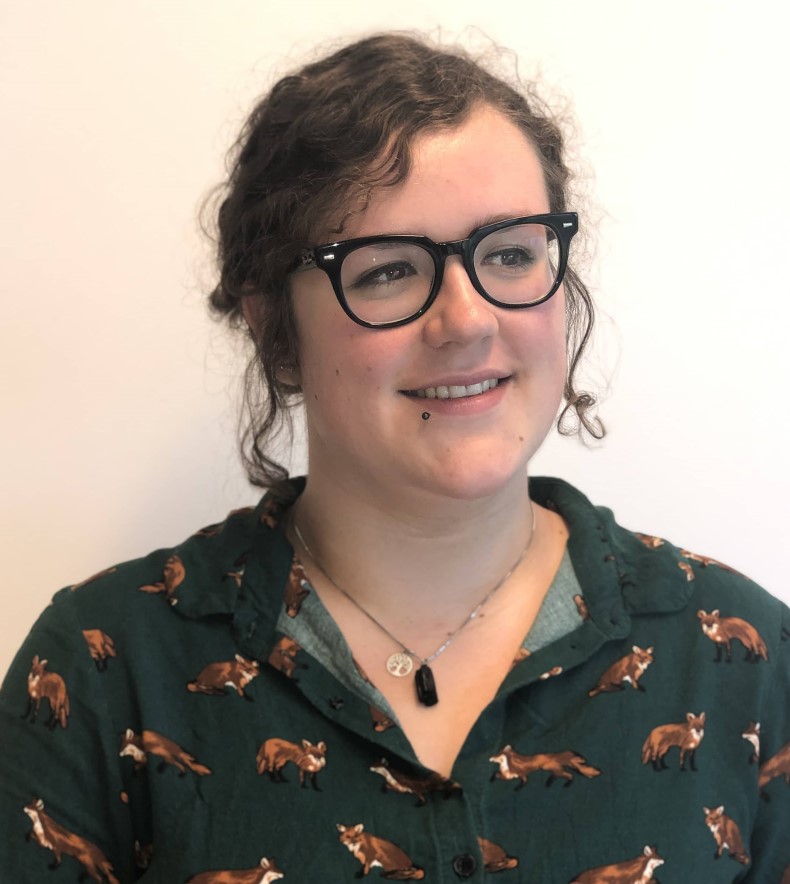Integrated Action Plan: Mechelen
Edited on
25 August 2022Part of the Resourceful Cities project was for the participating cities to create an Integrated Action Plan (IAP). The idea behind this plan is to keep the movement we have created during the project going and create plans for the future of local circular economy activities. This is the IAP of Mechelen.

Each partner in the URBACT Resourceful Cities network wasrequired to produce an Integrated Action Plan (IAP), in close collaboration with their local stakeholders. Because the input gathered during the stakeholder process was so rich and went beyond the topic of urban resource centers, the city of Mechelen used this momentum to develop a general roadmap to reach a Circular Mechelen by 2030.
Our aim is to reduce the material footprint by 2030 by 30%, in order to reach our climate ambitions but also to foster a competitive green economy, in which economic growth is decoupled from resource use. Our general roadmap Mechelen Circular 2030 focuses on:
- Actions that the city can undertake to lead by example
- Actions to mainstream circular consumption modes among the broad public (creating demand)
- Actions that create the offer of circular products and services by businesses and how we need to evolve towards resource collection and reproduction or redistribution
- Actions that we need to undertake to finance, govern and monitor the circular economy transition.
We developed and will implement our roadmap in collaboration with businesses or the private sector, civil society, financial institutions, knowledge institutions, and other public authorities. During the co-creation process of this project, we have conducted several analyses to know our USP, analyze the strengths and challenges of our local fabric and prioritize which actionsto concentrate on. The Urbact action plan, which focuses on urban resource centers or circular hubs, is thus one of the action plans under the general roadmap to becoming a circular city.
Mechelen aims to be a frontrunner regarding the circular economy, which has been formalized when the mayor signed the European Circular Cities Declaration as one of the founding signatories in 2020. At that time, the city council adopted a circular economy management vision, with six strategic actions for this policy period (2020- 2025) among which was the creation of a resource hub. The global vision was that “we want to make Mechelen the place where circular entrepreneurship thrives and circular business models are developed, tested, and rolled out so that all inhabitants of Mechelen can access and participate in the circular transition.”
With a first set of three strategic actions for this policy period, the city wants to lead by example, by integrating sustainability and circularity in its procurement strategy and by integrating circular principles in its construction / renovation works, and its facility management or services. The city currently organizes a Circular Helpdesk, a funding scheme for circular initiatives, network events, and a communication campaign towards citizens and entrepreneurs. The city offers room for experimentation and is partner in different circular projects of private sector organizations or NGOs. Different innovative pilots and projects on circular economy are run by the city and by various local stakeholders, from civil society to entrepreneurs and businesses or researchers and educational institutions. The challenge is now to support the initiators of these pilots to scale up and make the change of the economic model systemic. This requires collaboration across the value chain between different businesses, civilsociety, experts, and financial authorities. This is what this IAP focused on urban resource hubs is about.
You can read the complete IAP here.
 Submitted by Amy Jansen on
Submitted by Amy Jansen on
